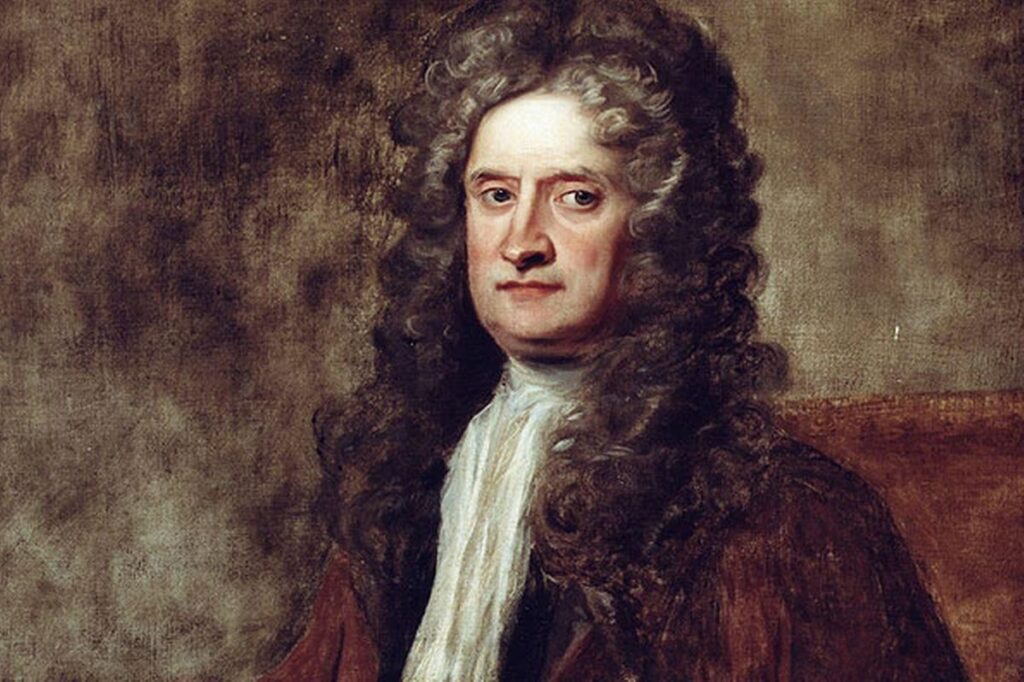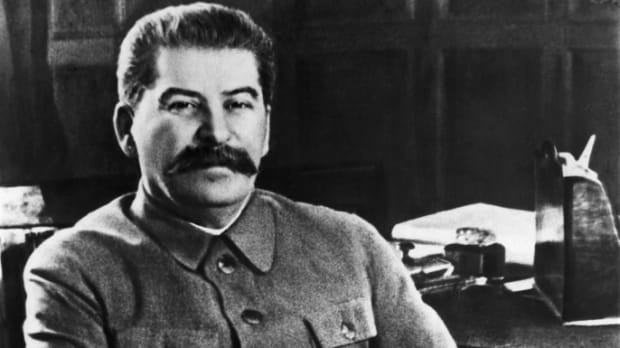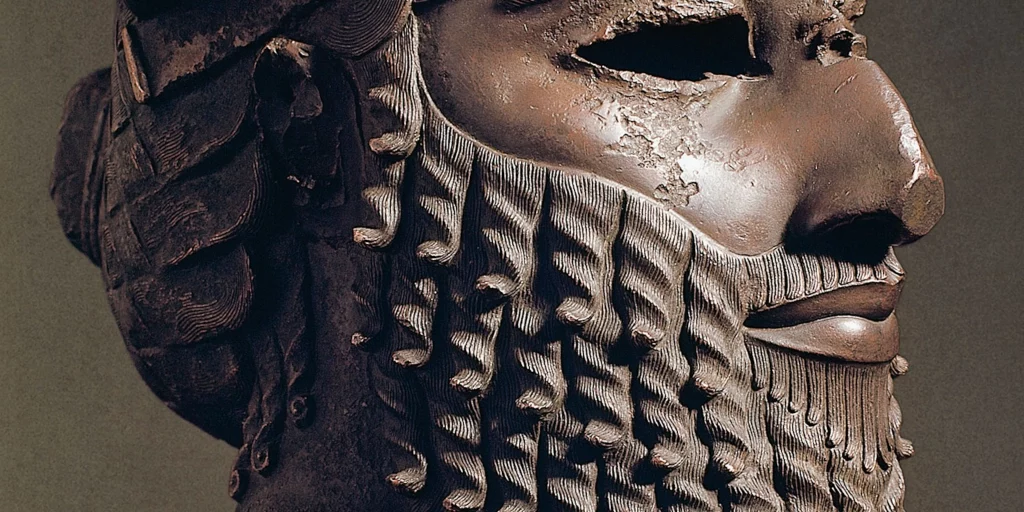Isaac Newton is a name that immediately conjures thoughts of scientific genius, the laws of gravity, and the formulas of calculus. The legendary English scientist is best known for his groundbreaking contributions to mathematics and physics.
Many of his discoveries and theories are the foundation of modern scientific understanding. However, many do not realize that Newton was not just a scientist, but also a deeply religious man.
Newton spent a significant portion of his life studying the Bible and attempting to unlock its secrets. Among his many beliefs was a prediction, scribbled where no one else would see; one that would seem outlandish to a scientific mind.
Isaac Newton predicted that the world would end in the year 2060. What would lead him to such an apocalyptic conclusion? What was his reasoning?
In Newton’s mind, this prediction – like all his work – was based on careful calculations and observations. But how?

A Man of Many Achievements
Newton was undeniably a scientist above all else. The hallmarks of his talents for science were his rigorous experimentation, astute observation skills, and logical reasoning.
This made him a key figure in both the Enlightenment and the Scientific Revolution. Newton’s achievements and impacts on various scientific fields have solidified his status as one of the most influential scientists in history.
His contributions to the field of physics include the laws of motion. As well as Newton’s theories of gravitation. These also laid the foundation for classical mechanics. In optics, he made even more advances and discoveries. He is credited with inventing the reflecting telescope.
Newton also played a significant role in the development of modern mathematics. Particularly with his groundbreaking work in calculus and algebra. His contributions in these fields paved the way for many scientific advancements that followed.
However, among his myriad of thoughts, reasonings, and proclamations, one tiny, almost undiscovered prediction feels mistakenly, out of place.
Why did Isaac Newton predict the world would end in 2060?
Newton’s Apocalyptic Prediction
In a little-known manuscript written in 1704, Sir Isaac Newton made a bold prediction. Scribbled amongst mathematical formulas and other theological musings, is the following text:
“So then the time times & half a time are 42 months or 1260 days or three years & an half, recconing twelve months to a yeare & 30 days to a month as was done in the Calendar of the primitive year. And the days of short lived Beasts being put for the years of lived kingdoms, the period of 1260 days, if dated from the complete conquest of the three kings A.C. 800, will end A.C. 2060. It may end later, but I see no reason for its ending sooner.”
Newton, 1704
It is unclear what Newton was trying to convey. But what is clear is that the year 2060 AD marked the end of an era, whether the end of times or a transition to a new period.
What exactly did Newton mean by this?
The manuscript in which Newton’s prediction can be found was long lost to the public. His theological and alchemical papers were kept under wraps by the Portsmouth family until they were sold in 1936.
The treasure trove of papers is now available to scholars. They’ve now poured over his religious musings and wanderings. Elsewhere in the manuscript, Newton often wrote about a Biblical apocalypse.
Specifically, he often wrote of the battle of Armageddon. He claimed that this would occur between “Gog and Magog” at the end of the world.
Theological scholars and others have been making grand predictions for this “end of days” for centuries. Newton, ever the scientist, may have believed he could use mathematics and logical reasoning to tease out its true date.
The English philosopher also seemed to be convinced that Christ would return around this date. He thought he would establish a global Kingdom of peace. In the mind of Newton, the “corrupt” Trinitarian Church would also fall on such an occasion, and the true Gospel would finally be preached openly.
His calculations led him to the exact date of 2060 AD.
Mathematician or Heretic?
While practicing his scientific research, Isaac Newton was still quite religious. However, his views did not conform with mainstream Christianity.
Despite being born to an Anglican family, he held a different faith. This was one that he never made public. It may have bordered on heresy for the times.
Many scholars consider Newton to have been an Arian. This means he rejected the typical view of the Trinity. Instead, it recognizes Christ as a divine mediator between God and man. He even believed that worshiping Christ as God was idolatry. To him, it was a fundamental sin.
Among these unorthodox beliefs, Newton’s doomsday prediction would have also ruffled many feathers. This is likely why it stayed hidden in the margins of his work.
The True Meaning of Newton’s Prediction
It must be noted that Newton was also generally against date-setting for the end of days. He was concerned that it would put Christianity into disrepute.
Below where Newton wrote that the “time, times, and half a time” would end in 2060, he also hastily scribbled another thought:
“This I mention not to assert when the time of the end shall be, but to put a stop to the rash conjectures of fancifull men who are frequently predicting the time of the end, & by doing so bring the sacred prophesies into discredit as often as their predictions fail. Christ comes as a thief in the night, & it is not for us to know the times & seasons wch God hath put into his own breast.”
Newton
Thus, some scholars conclude that he mentioned 2060 not to make a hard claim on the end of the world. Instead, it was to put a stop to the reckless hypotheses of others who frequently predicted the apocalypse, only to be discredited when their predictions failed.
Newton’s prophetic calculations were likely not meant to be taken literally. Though Newton made such a prediction to himself, he did not want to be seen as a man predicting the end of the world.
Although he was a serious believer in biblical prophecy, he was also a man of science. And armed with his scientific, logical reasoning, it seems he also understood the folly of such a prophecy. Hence, why it remained uncovered for all these centuries.
In the end, it would seem that only a handful of years remain until the forecasted end of times. At which point we can finally make a judgment on Newton’s prediction, once and for all.
References
Felton, James. “Why Isaac Newton Predicted the World Would End in 2060.” IFLScience, April 24, 2023. https://www.iflscience.com/why-isaac-newton-predicted-the-world-would-end-in-2060-68590.
Snobelen, Stephen D. “‘A Time and Times and the Dividing of Time’: Isaac Newton, the Apocalypse, and 2060 A.D.” Canadian Journal of History, December 2003, 537–51. https://www.sfu.ca/~poitras/cjh_newton_03.pdf.

